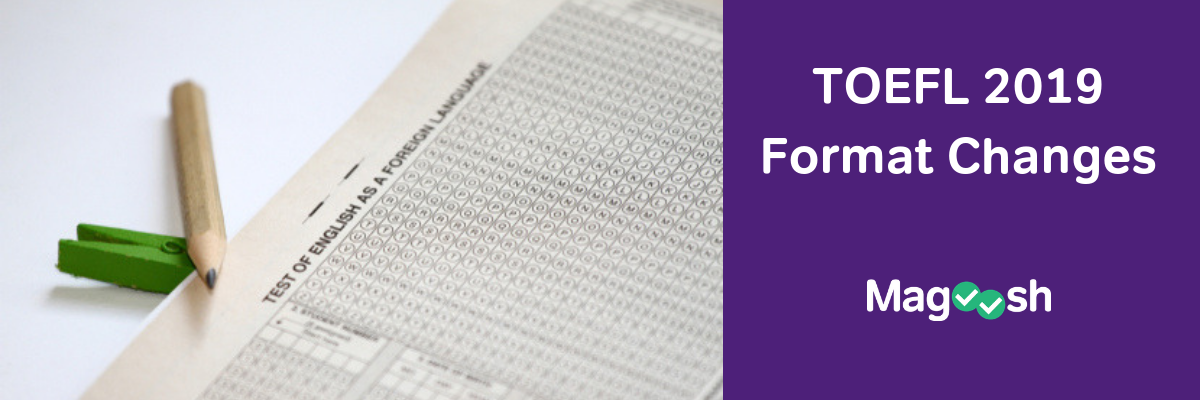In my post called “How is the TOEFL Scored?” I talked about the details behind the score you receive. Now, let’s look at some practical considerations about scoring.
Take a wild guess
First of all, unlike some other standardized tests, the TOEFL does not penalize you for guessing. In other words, a wrong answer doesn’t hurt you more than no answer does. So if you don’t know the answer to a question, you might want to guess. In the reading section, mark the question for review and return to it at the end if you have time (but give your best guess when you mark it, too, in case you don’t have time to return). In the listening section, make a guess and move on; you won’t be able to return to that question. But keep in mind that a completely random guess isn’t a good idea! Try to eliminate some wrong answers, and then make your best guess, even if you feel a little lost.
Take note of point values
As I mentioned in a previous post, each section is worth 30 points in your final score. This isn’t necessarily the number of points that will be available on the test itself. At the beginning of the section, the directions say that “Most questions are worth 1 point, but the last question for each passage is worth more than 1 point. The directions for the last question indicate how many points you may receive.” Generally speaking, each passage is worth 15 points overall: one point for the first 13 questions, then two points for the last question, number 14. It is possible to see a slightly different format: for example, 12 questions each worth one point and then a final, 13th question worth three points.
Hopefully, you’ll have plenty of time to answer every question well. But if you don’t, realize that most questions are worth the same, and use that to help you decide where to spend your time. Usually, the maximum raw score for the reading section is 45. When your raw score is sent to ETS, it will be converted (somehow, as if by magic) to the 30-point scale that you and the universities you choose will see on your score report. The way ETS converts raw scores to scaled scores also helps to standardize the difficulty. A slightly different test has slightly different average raw scores. That is fixed by the scaling process.
Remember that while the number of potential points may vary from test to test, that will be accounted for in the final score report. No one TOEFL is more difficult than another TOEFL.
Speaking of score reports…
Most universities will require an official score report to prove how you did on the test. When you register for the test, you will be able to choose four institutions to receive your official score report automatically. If you need to send it to more than four institutions, each additional score report costs $18, plus a $12 service charge for the transaction. If your test has already been scored when you request the additional score reports, the reports will be sent within 4-7 days. You can learn more about sending your scores here.
Canceling and reinstating scores
I hope this doesn’t happen to you: you get sick during the test, or for some other reason you do very, very poorly, and you know this when you leave the testing site. If something has happened to make your score much lower than it should be, you can cancel your scores for the whole test (you can’t cancel the scores for just one section). This means that your score reports will not be sent to you or your chosen institutions, the scores will not be added to your permanent testing record, and, unfortunately, your testing fee will not be refunded. Consider very carefully before you do this; nerves, mild sickness, and other annoyances may affect your score somewhat, but not dramatically enough for a score cancellation. Still, the service is available for those who have very bad circumstances. If you change your mind within ten days of your testing date (NOT the date on which you requested to cancel your scores), you can have your scores reinstated for a fee of $20. Your scores will become available and your reports will be sent three weeks after your request is received.






Leave a Reply